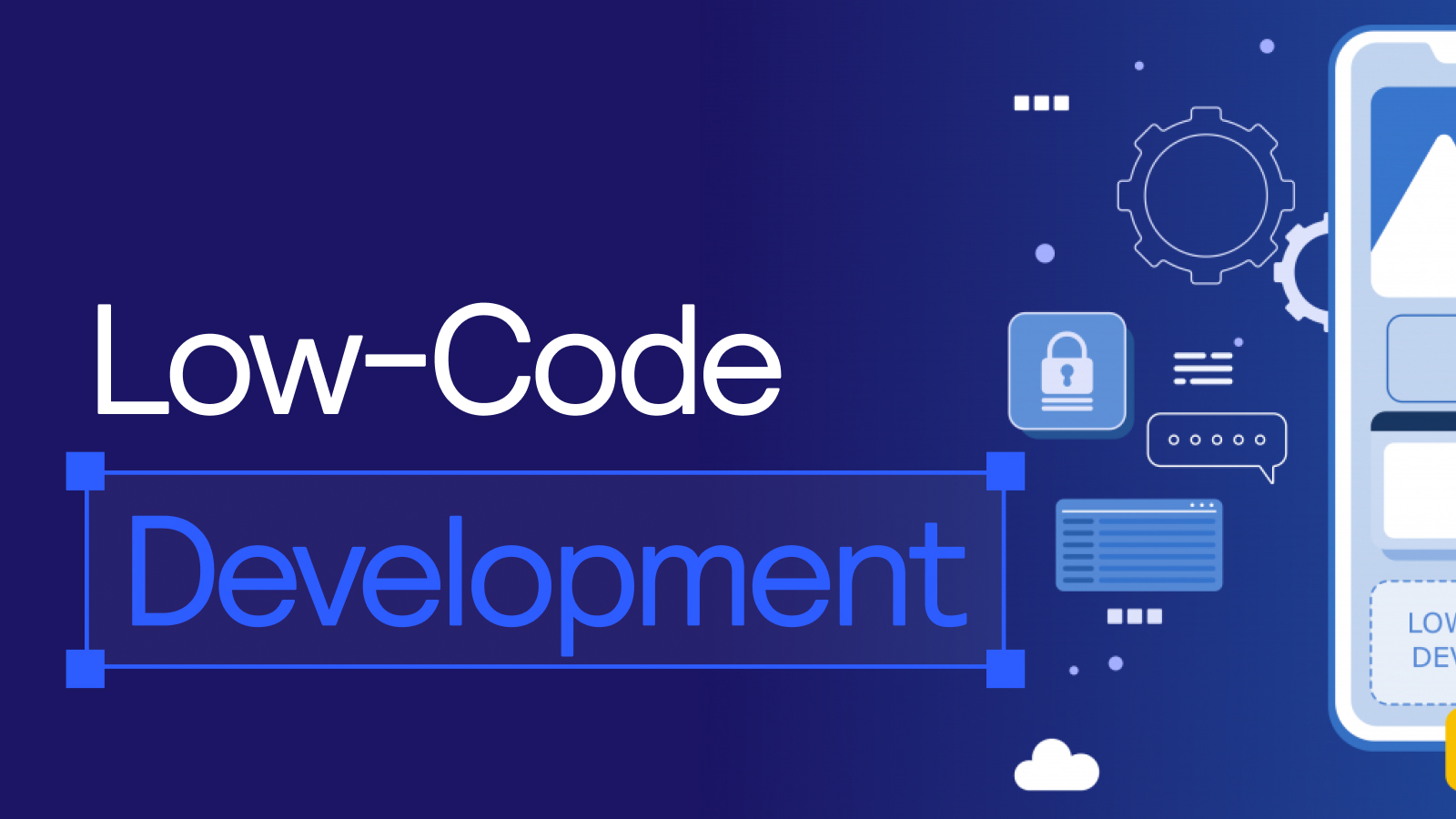
Low-code development has emerged as a powerful approach to software development, promising faster delivery of applications with minimal hand-coding. While many concepts are crucial in this paradigm, one stands out as the most important: abstraction. Abstraction in low-code is the ability to hide complexity behind simple, high-level constructs, enabling developers to focus on the application’s logic rather than the underlying infrastructure.
Abstraction Simplifies Complexity
At its core, low-code abstracts away the complexities of traditional coding, such as managing databases, servers, and integrations. This abstraction is achieved through visual interfaces, drag-and-drop functionality, and pre-built components. By providing a simplified environment, low-code platforms empower users with varying technical backgrounds to create sophisticated applications without extensive coding knowledge.
Accelerated Development Lifecycle
The concept of abstraction in low-code significantly accelerates the development lifecycle. Developers can rapidly prototype ideas, iterate quickly, and deploy applications faster than with traditional development methods. This speed is crucial in today’s fast-paced business environment, where agility and time-to-market can be the difference between success and failure.
Accessibility and Inclusivity
Abstraction in low-code makes application development accessible to a broader audience. Business users, citizen developers, and IT professionals can collaborate effectively, bringing diverse perspectives to the development process. This inclusivity fosters innovation and allows organizations to leverage the full potential of their teams.
Flexibility and Scalability
Despite abstracting complexity, low-code platforms offer flexibility and scalability. Developers can extend applications with custom code when needed, integrating with existing systems and meeting unique requirements. This balance between abstraction and flexibility ensures that low-code solutions can adapt to evolving business needs and scale as required.
Focus on Innovation and Value
By abstracting away mundane tasks, low-code enables developers to focus on innovation and delivering value to end-users. Rather than spending time on repetitive coding, developers can concentrate on creating compelling user experiences and solving complex business problems. This shift in focus drives digital transformation and competitiveness in today’s digital landscape.
In conclusion, abstraction is the most important concept in low-code development. It simplifies complexity, accelerates the development lifecycle, promotes accessibility and inclusivity, offers flexibility and scalability, and enables a focus on innovation and value delivery. As low-code continues to evolve, abstraction will remain at the core of its transformative power, shaping the future of software development.
